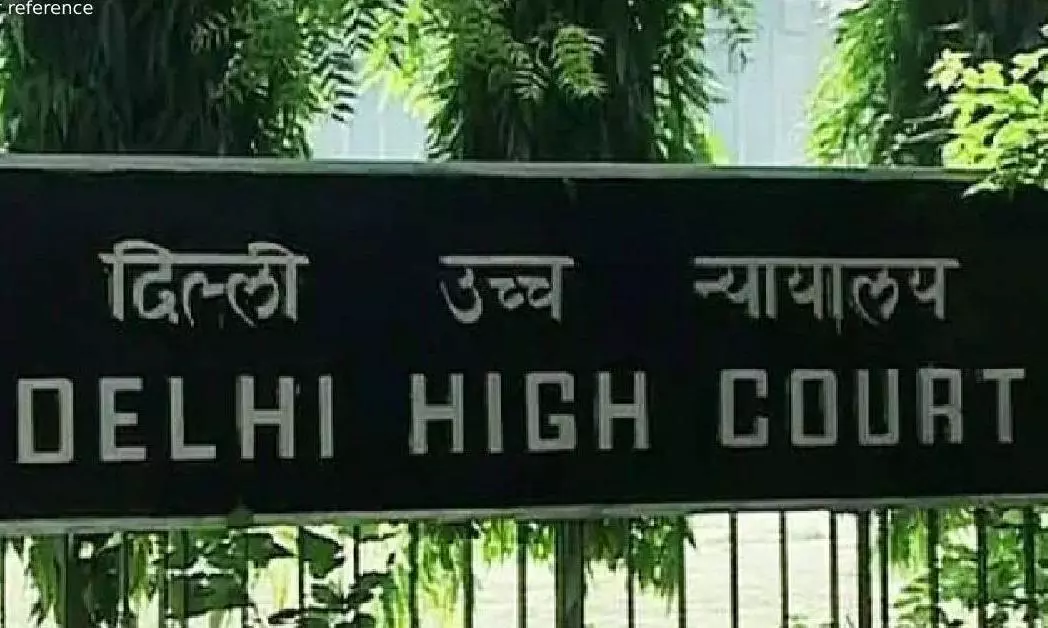
Woman not liable for abetting suicide in 'love failure' case: Delhi HC
text_fieldsNew Delhi: The Delhi High Court has ruled that a woman cannot be held accountable for abetting suicide if a man takes his own life due to 'love failure'.
The court made this observation while granting anticipatory bail to a woman and a man accused of abetting the suicide of a man involved in a romantic relationship with the woman.
An FIR was filed by a man alleging that the two applicants had played a role in his son's suicide. The woman was reported to be in a romantic relationship with the deceased, while the male applicant was described as a mutual friend.
Justice Amit Mahajan, presiding over a single-judge bench, stated in the April 16 order, "If a lover commits suicide due to love failure, if a student commits suicide because of his poor performance in the examination, a client commits suicide because his case is dismissed, the lady, examiner, lawyer respectively cannot be held to have abetted the commission of suicide. For the wrong decision taken by a man of weak or frail mentality, another person cannot be blamed as having abetted his committing suicide."
When the deceased's body was discovered by his mother, a suicide note was found, naming the two applicants as the reason for his decision.
Justice Mahajan highlighted that under the Indian Penal Code (IPC) Section 306, which pertains to abetment of suicide, two conditions must be met: suicide and abetment.
The court, after examining WhatsApp chats provided as evidence, noted that the deceased appeared to be of a "sensitive nature" and would often threaten the female applicant with suicide whenever she declined to communicate with him.
The court also acknowledged that the applicants were given interim protection last year, allowing them to participate in the investigation.
While the deceased had mentioned the names of the applicants in the suicide note, the court found that the note merely expressed the deceased's anguish towards the applicants. It did not indicate any intention or instigation by the applicants that led to the suicide.
The court also addressed allegations of a physical altercation between the deceased and the applicants. The police had claimed that the deceased confronted the applicants and that a scuffle ensued. The court, however, held that these allegations did not amount to abetment of suicide as per Section 306 of the IPC.
The woman maintained her innocence, stating that she had been falsely implicated. She argued that aside from her name in the alleged suicide note, there was no evidence to suggest that she had prompted or instigated the deceased to commit suicide.
The police contended that the crime committed by the two applicants was "heinous" and that their names were mentioned in the suicide note. They also cited CCTV footage showing a scuffle between the deceased and the male applicant.
Granting anticipatory bail to the applicants, the court ruled that custodial interrogation was unnecessary. If arrested, the applicants would be released on bail upon furnishing a personal bond of Rs 50,000 each with two sureties. The court also warned that any violation of the bail conditions could lead to the cancellation of their bail.
Finally, the court clarified that its observations were made solely for deciding the pre-arrest bail applications and should not influence the trial's outcome or be seen as an expression of opinion on the case's merits.











